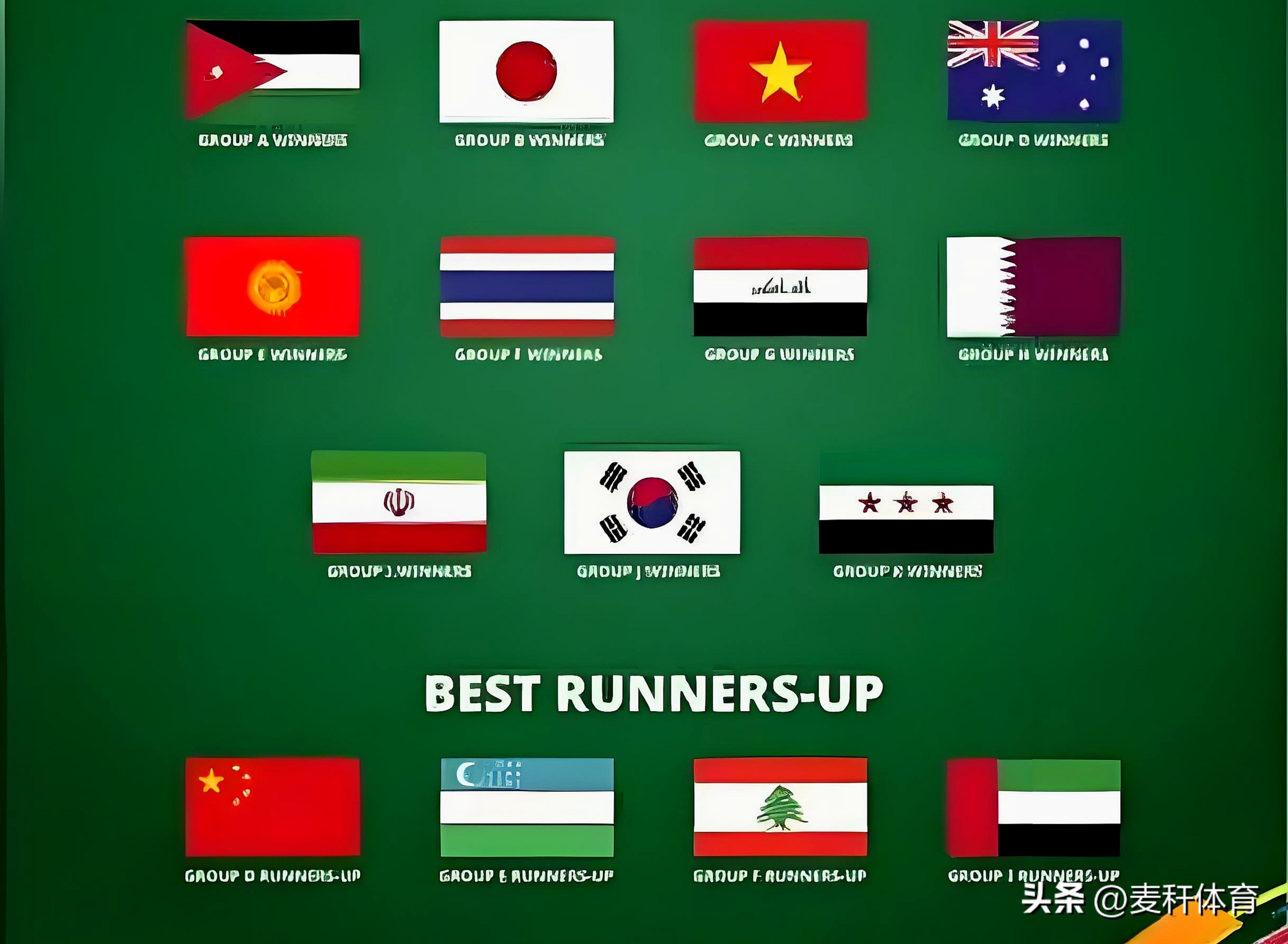With the U23 Asian Cup qualifiers ended, the list of the top 16 competitions was settled. Although the Chinese national team drew 0-0 with Australia and advanced thrillingly, many fans thought Australia played a "fake game" after the game, no problems were found after the AFC investigation? Although the Chinese national team advanced to the Asian Cup with 13th place, don’t be too happy too early. We will face the severe test of the "Death Group" in the draw on October 2. The AFC can't help this time!

According to the rules of the AFC, there are 16 teams in the U23 main competition, divided into 4 groups, and the top 2 in each group advance to the 1/8 finals. The first level: Japan, Saudi Arabia (host), Iraq, Uzbekistan
The second level: South Korea, Australia, Qatar, Vietnam
The third level: Iran, the UAE, Jordan, Thailand
Fourth level: China, Syria, Kyrgyzstan, Lebanon

From the grading situation, if the Chinese team wants to draw the theoretical "high-end lottery" - the same group as Iran, Vietnam and Thailand, the probability is slim. It is more likely to encounter strong teams such as Japan, Saudi Arabia or Uzbekistan in the first gear, South Korea or Australia in the second gear, and Iran in the third gear. If this is true, the hope of the Chinese team qualifying in the group will be extremely slim.
Historical data is even more cruel: in the past five main competitions, the Chinese team has only won 2 wins and 13 losses and has never qualified in the group. Even though they had two victories in 2018 and 2024, they had no way to fight back against top Asian teams such as Japan, South Korea, Australia and Saudi Arabia. This weakness is directly reflected in the grading mechanism - based on the weighted points of the past three competitions (100% in 2024, 50% in 2022, and 25% in 2020), the Chinese team only ranks 13th and has to accept the fate of the fourth tier.
What is even more worrying is that the host Saudi team is likely to become the "divorce" of the Chinese team. In recent years, the Chinese teams of all levels in China and Saudi Arabia have been at a disadvantage in all competitions: the adult national team was doubled in the quarterfinals of 18, the U20 National Youth Cup was defeated in stoppage time, and the U17 National Young Master also lost in the first game. If this "sandphobia" is staged again in the main game, it will greatly affect the team's mentality.

Although fans are looking forward to miracles, the reality is: the Chinese team not only needs to break through the encirclement of the death group, but also needs to break the curse of being eliminated in the five-time event group. Against the backdrop of increasingly fierce competition in Asian youth training, this team is not only facing the gap in technology and tactics, but also the test of the overall football ecology. The draw on October 2 may determine their cruel Asian Cup journey.













